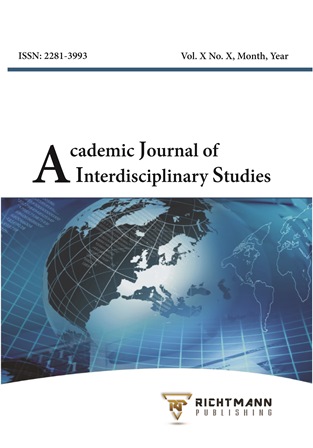Decentralisation at the Grassroots: Status of Panchayats Extension to Scheduled Areas of Jharkhand
DOI:
https://doi.org/10.36941/ajis-2023-0023Keywords:
Decentralisation, Panchayats Extension to Scheduled Areas (PESA) Act 1996, Forest Right Act (FRA) 2006, Gram Sabha, Tribal Peoples, Scheduled AreasAbstract
The term decentralisation is now universally accepted. The quality of governance enhances through decentralisation. In the time of post-globalisation, it allows citizens to express their views regarding the process of developmental work in their area. This paper examines the status of grassroots-level implementation of Panchayats Extension (PESA) to Fifth Scheduled Areas of Jharkhand. The empirical study conducted shows that Jharkhand still requires to strengthen and promote the practice of decentralization, so that gram sabha enjoys the power envisaged under PESA Act, 1996. The historical deprivation of Jharkhand during the period when it was a part of United Bihar, is also responsible for the present state of development at the local level. After the inception of Jharkhand as a new state, it initially suffered from unstable governments and delays in the election process at the panchayats level. This did not allow tribal peoples to participate in decentralized governance. This paper suggests some policy implications which can improve the level of decentralized authority in the scheduled area of Jharkhand.
Received: 7 October 2022 / Accepted: 28 December 2022 / Published: 5 January 2023
Downloads
Downloads
Published
Issue
Section
License

This work is licensed under a Creative Commons Attribution-NonCommercial 4.0 International License.
This work is licensed under a Creative Commons Attribution-NonCommercial 4.0 International License.








